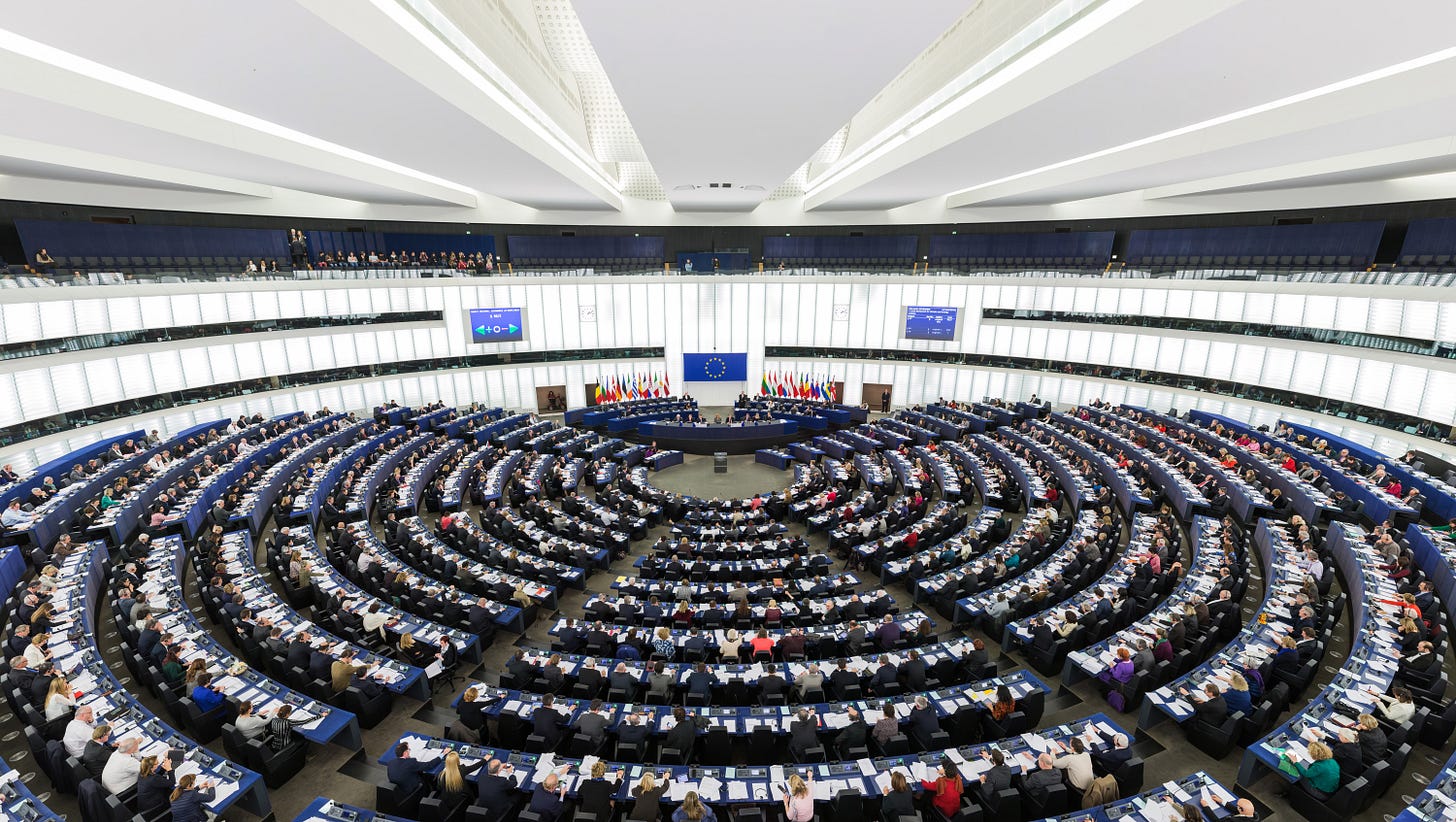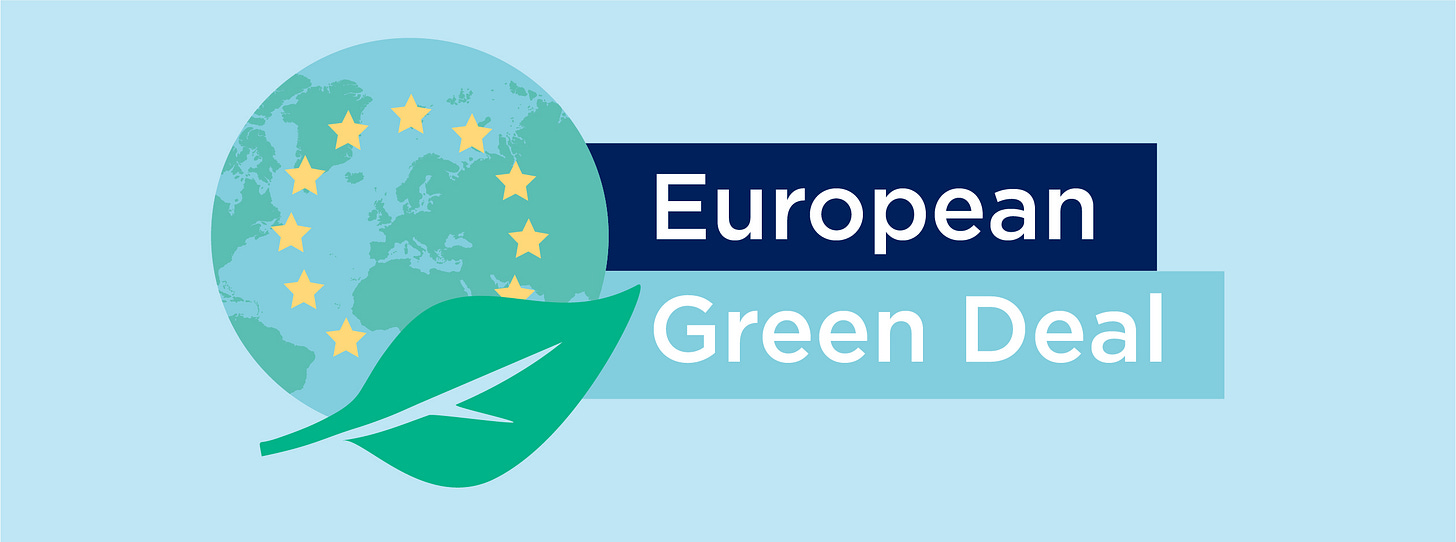What Do the European Elections Mean for Sustainability?
Analysis of the latest european election's results
In this issue, we explore the implications of the recent European Parliament elections on sustainability. We examine the rise of far-right parties, the setbacks for the Green Party, and what these changes mean for future environmental policies and initiatives in Europe.
Some Background
In the last few months, Europe has been experiencing a political shift highlighted by a growing backlash, or 'greenlash,' against the European Green Deal. This movement is exemplified by recent farmer protests and increased support for right-wing and far-right parties. Far-right parties like Spain's far-right Vox, which opposes the Green Deal, and Italy's Lega, which emphasizes the costs of the energy transition, have gained traction by tapping into voter concerns over high energy prices and living costs1.
The election’s outcomes show that far-right parties have made significant progress in large European countries. In France, the National Rally (RN) secured the most votes with 31%, up from 23% in the last election, while in Germany, the Alternative for Germany (AfD) came in second with a record 16% of the votes, compared to 11% previously.2
Green Party Election Outcome
In contrast, the Green Party faced notable setbacks in this election. The Greens / EFA (European Free Alliance) in fact lost a significant number of seats, dropping from 71 seats to 53 seats, representing a loss of 25%. However, they scored smaller victories elsewhere: in Denmark, they gained an additional seat, and in Sweden, they were able to maintain their seats. Additionally, a Green-Left coalition narrowly beat the far-right for first place in the Netherlands.
Implications for Green Policies and Laws
The rightward shift may make it tougher to pass new legislation needed to respond to climate change or social-related issues. However, most current policies are expected to remain, and the EU's core climate change targets are unlikely to be undone, as mainstream parties supporting these policies still hold a majority.
"I don't think that we'll be rolling back on (climate) policies. But I do think that it will be more complicated to get new policies off the ground" - Bas Eickhout, Head of the European Parliament's Greens lawmaker
What’s next?
In the next few weeks, the newly elected European Parliament will begin its session, where the focus is expected to shift towards security issues and economic issues faced by Europe. Lawmakers will face the challenge of securing financing for the green transition amidst economic and safety concerns. Additionally, there will likely be debates over new climate policies, with potential delays due to the increased influence of right-wing parties.
Conclusion
While environmental concerns may not be the top priority for many voters, the majority in the European Parliament remains centered with the EPP (European People's Party) and the S&D (Progressive Alliance of Socialists and Democrats) holding significant influence. The good news is that numerous laws, such as the CSRD (Corporate Sustainability Reporting Directive) and the CSDDD (Corporate Sustainability Due Diligence Directive), have already been passed and will impact European companies for years to come, hopefully improving their ESG performances. More developments are on the horizon, so stay tuned for further updates.
This Week in Sustainability is a weekly(ish) email from Brightest, a leading ESG data management provider & strategic advisory services team. If you’ve enjoyed this piece, please consider forwarding it to a friend or teammate. If you’re reading it for the first time, we hope you enjoyed it enough to consider subscribing. If we can be helpful to you or your organization’s sustainability journey, please be in touch.
https://www.euronews.com/green/2024/06/06/eu-elections-is-greenlash-behind-the-rise-of-the-far-right-or-are-other-factors-at-play
https://results.elections.europa.eu/en/tools/comparative-tool/








